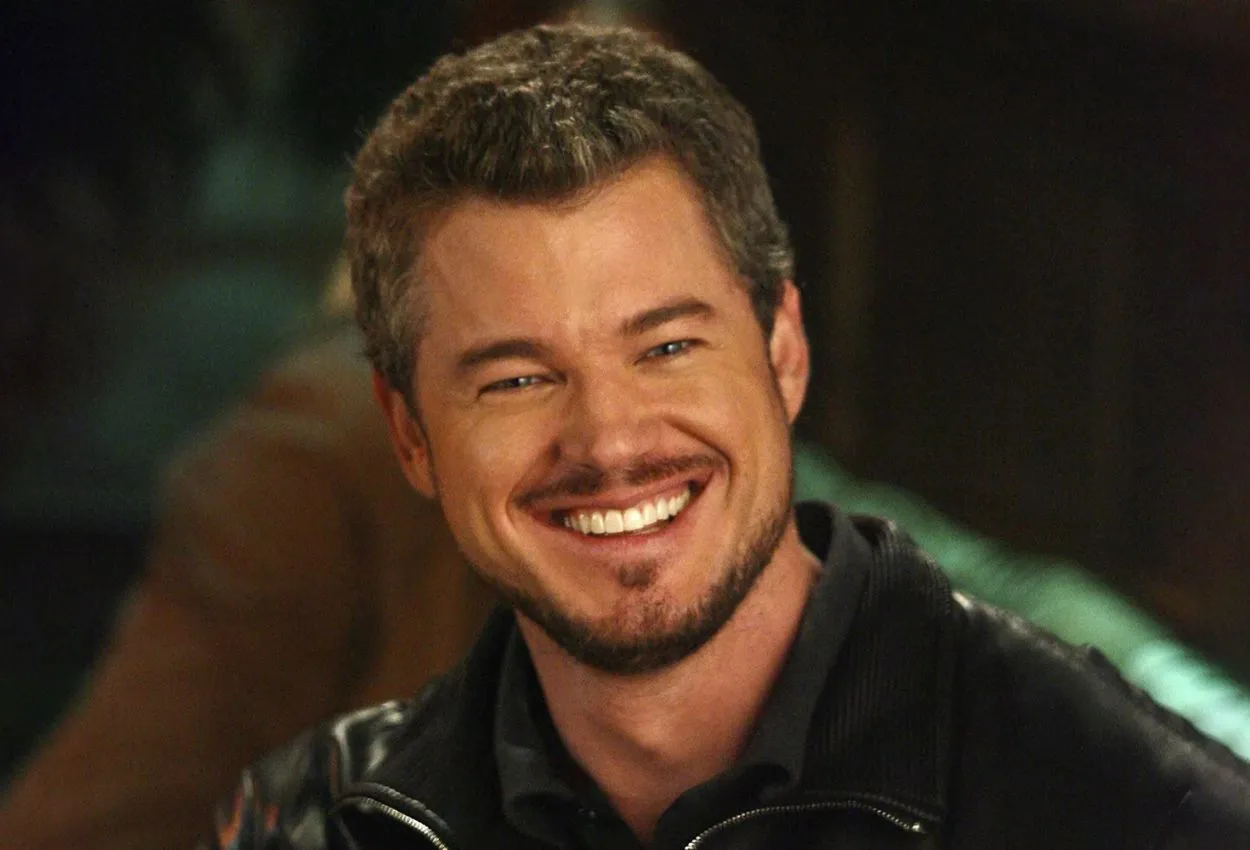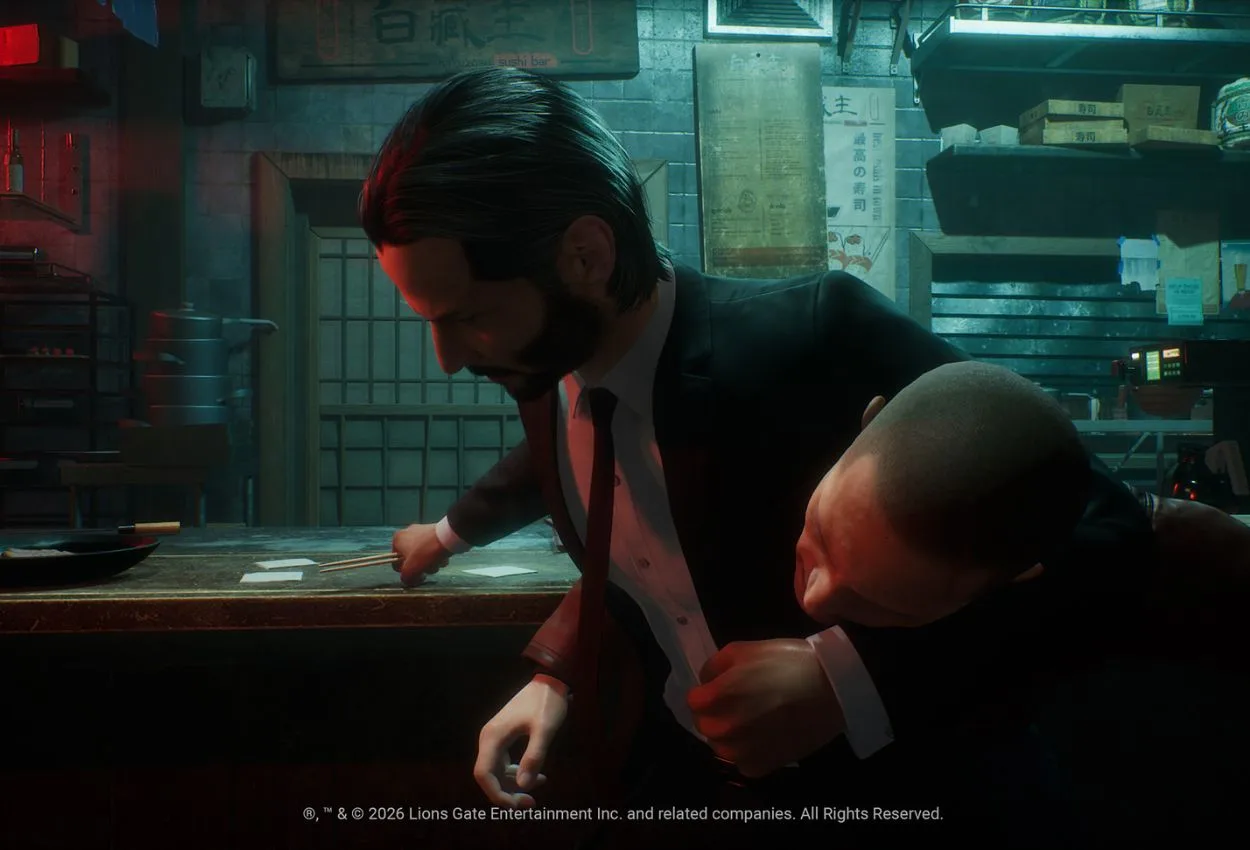Bollywood actors Aishwarya Rai Bachchan and Abhishek Bachchan have filed separate lawsuits in the Delhi High Court against Google and its video platform YouTube, accusing them of hosting and profiting from AI-generated deepfake videos that misuse the stars’ images, voices and likenesses, according to a report in Gulf News citing court filings.
The suits, lodged on September 6, seek damages of roughly $450,000 and a permanent injunction to prevent the hosting, monetisation and further spread of content the couple say falsely depicts them. The filings also argue that manipulated videos are being used to train artificial intelligence systems, which could amplify infringement and increase the circulation of misleading content. The court has asked Google’s lawyers to file written responses, with a next hearing listed for January 15, 2026, Gulf News reported.
Beyond video platforms, the more than 1,500 pages of filings also target sellers of unauthorised merchandise that trade on the actors’ names and images, including posters, mugs and purported autographed items, according to the Gulf News account. Examples cited in the report include AI-fabricated clips showing Abhishek Bachchan in romantic scenes with other actresses and Aishwarya Rai Bachchan portrayed alongside her former co-star Salman Khan, which have circulated widely on social media.
One YouTube channel named “AI Bollywood Ishq” hosts hundreds of AI-created “love stories” involving Bollywood figures and has amassed more than 16 million views, Gulf News said, referencing the filings. Individual videos have drawn millions of views, underscoring the scale at which such content can spread across platforms. Reuters could not independently verify the channel’s content or view counts.
The case tests how Indian courts apply personality rights, privacy and intellectual property doctrines to synthetic media. Indian courts have previously affirmed the personality rights of prominent actors in cases involving unauthorised endorsements and voice imitations. The Bachchans are among the industry’s most recognisable performers, and their complaint adds to rising pressure on technology firms to curb manipulated media and label AI-generated content.
Google, which owns YouTube, has faced increasing scrutiny globally over deepfakes and synthetic content. India’s government has warned platforms to act quickly against deceptive or harmful deepfakes under existing information technology rules, and industry groups have called for clearer guidance on the use of generative AI in entertainment and advertising. The Bachchans’ filings call for stronger measures to prevent recommender systems from boosting manipulated videos and for tools to detect and remove content that misappropriates a person’s likeness.
The litigation comes amid a broader debate over whether existing regulations sufficiently protect public figures and ordinary users from AI-enabled impersonation. Rights advocates say celebrities often serve as early test cases that can set precedents for privacy and consent online. Tech companies have defended their policies on synthetic media, saying they remove or restrict content that violates privacy, constitutes impersonation or risks causing real-world harm, while also balancing free expression.
The dispute has also drawn interest in the Gulf, a key overseas market for Hindi cinema and home to a large Indian diaspora. Dubai-based Gulf News first detailed the allegations and the procedural timeline, highlighting how AI fandom videos on mainstream platforms can translate into mass viewership and potential monetisation. The Delhi High Court’s response timeline suggests the legal and policy questions around deepfakes will remain in focus for months as platforms, regulators and artists navigate fast-evolving AI tools.




